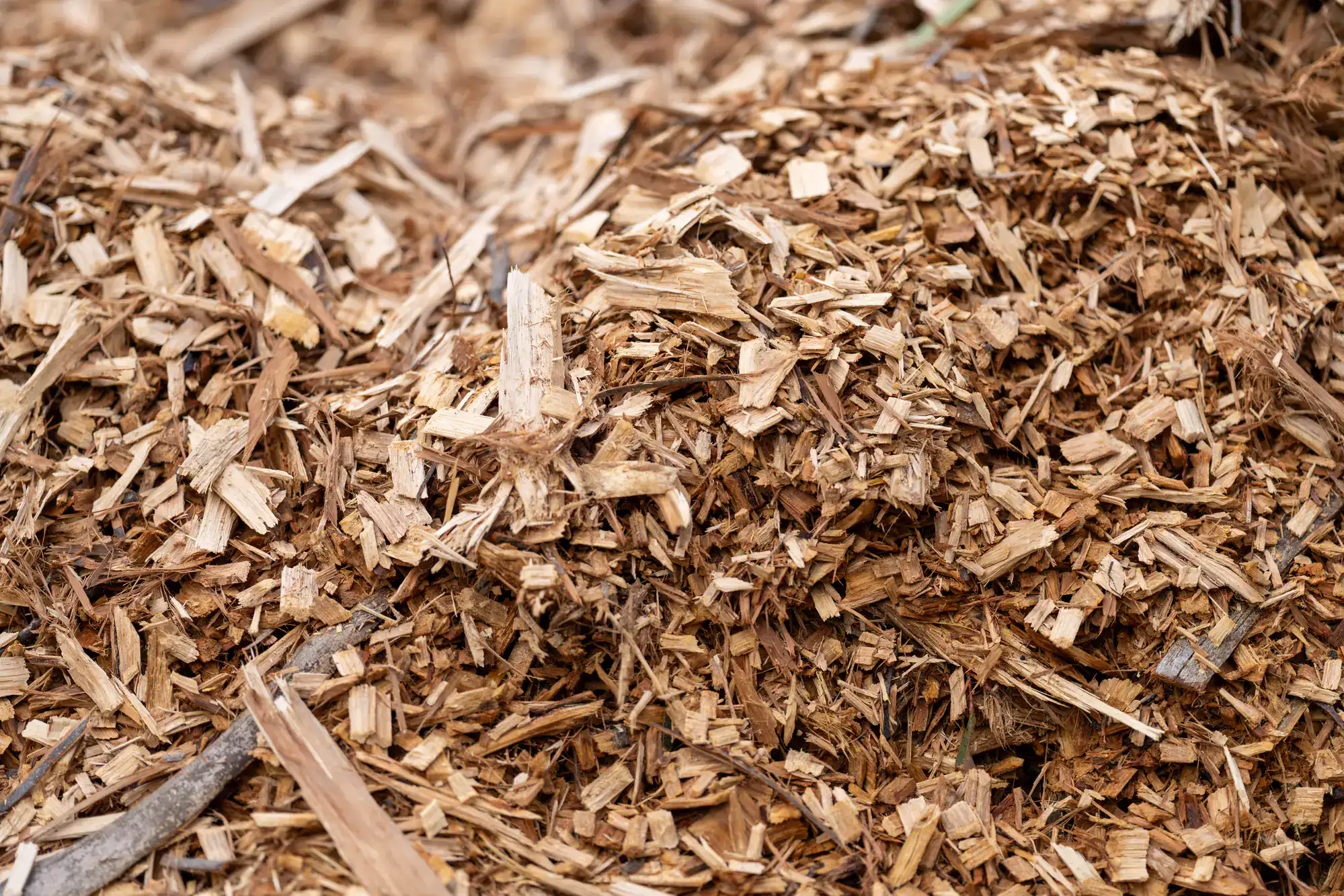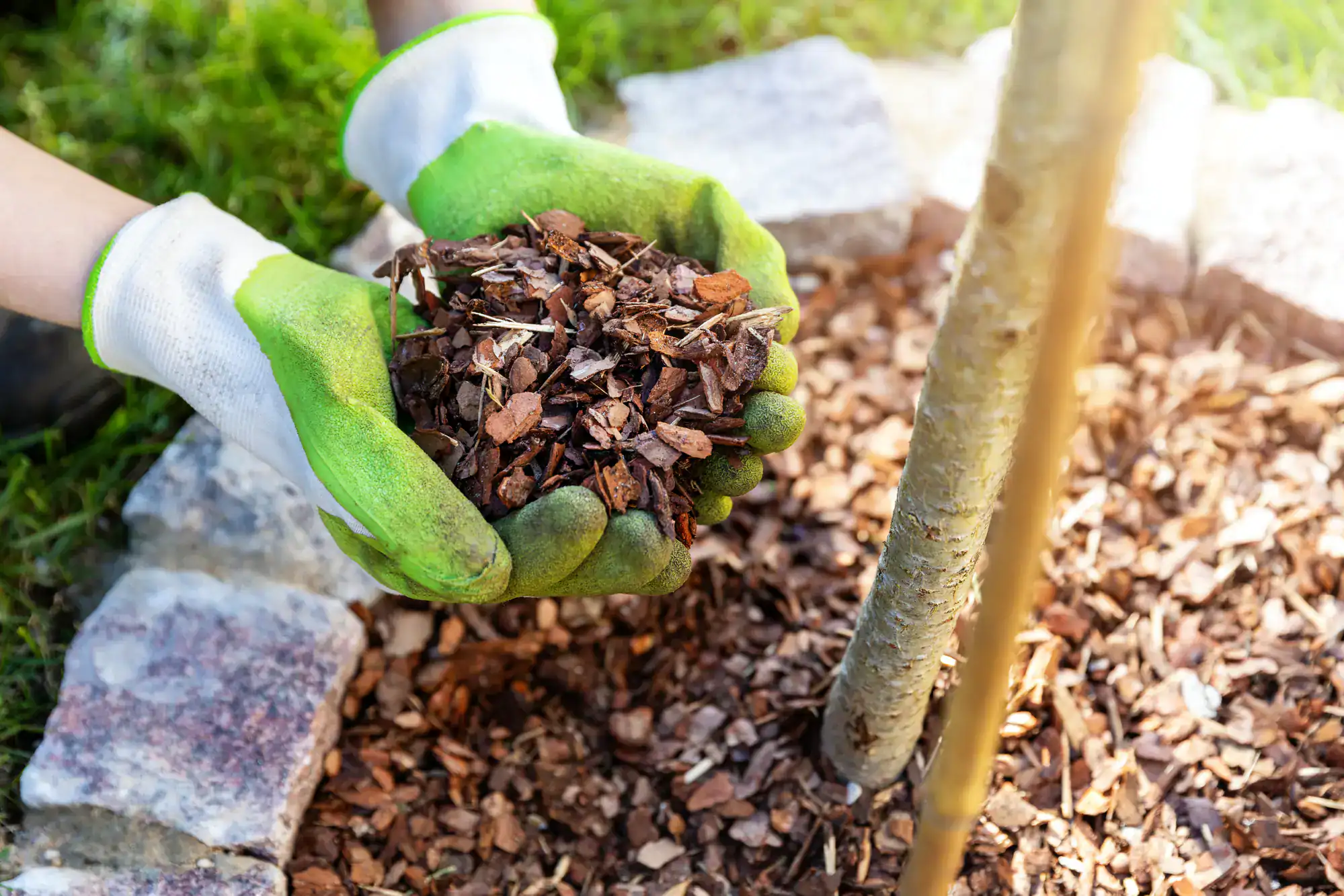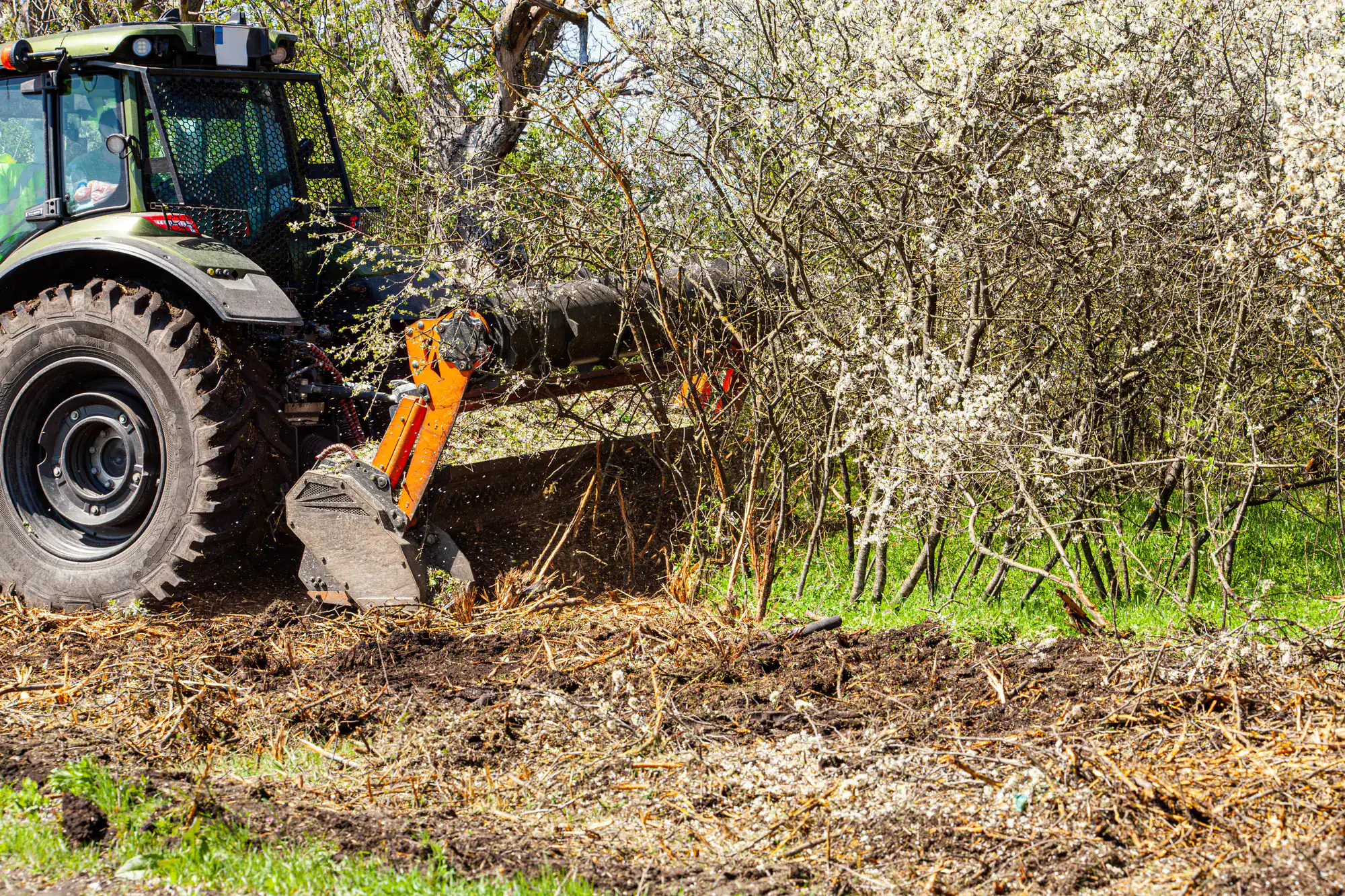Commercial Forestry Mulching in Mollusk, VA
Clear Land Fast Without the Mess


Professional Land Clearing Services Mollusk
You need land cleared, but you don’t need the headaches that come with traditional methods. No burning piles. No hauling debris. No torn-up soil.
Commercial forestry mulching gives you clean, usable land in a fraction of the time. The process grinds trees and brush into mulch right where they stand, leaving behind a protective layer that prevents erosion and feeds the soil. Your property looks professional, stays stable, and costs less to maintain.
Whether you’re preparing a commercial site, maintaining right-of-way access, or managing pipeline corridors, you get results that work for your timeline and budget.
Forestry Mulching Equipment Mollusk VA
R.E. Douglas Company Inc has been clearing land throughout Lancaster County and the Northern Neck region for years. We operate with full licensing and insurance, handling projects from small commercial lots to large-scale site preparation.
Local property owners choose us because we understand Virginia’s challenging terrain and variable soil conditions. We use state-of-the-art mulching equipment designed to handle everything from dense brush to mature trees without damaging surrounding areas.
Every project comes with a comprehensive assessment and detailed plan, ensuring you know exactly what to expect before work begins.

Land Management Solutions Mollusk Virginia
First, we assess your property and develop a clearing plan tailored to your specific needs. This includes identifying areas to preserve, understanding access requirements, and determining the best approach for your terrain.
Next, our specialized forestry mulching equipment moves through the designated areas, cutting and grinding vegetation into uniform mulch. The single-step process eliminates the need for multiple machines or crews, reducing both time and costs.
Finally, the mulched material is spread evenly across the cleared area, creating a natural protective layer. This mulch prevents soil erosion, suppresses weed growth, and gradually decomposes to enrich the soil for future use.

Ready to get started?
Commercial Mulching Services Lancaster County
Commercial forestry mulching handles the specific demands of business and development projects in Lancaster County. The service works efficiently on pipeline corridors, utility right-of-ways, and commercial site preparation where traditional clearing methods would be too disruptive or expensive.
The process is particularly valuable for projects near waterways like the Rappahannock River, where soil protection is critical. Lancaster County’s mix of agricultural land, waterfront properties, and developing commercial areas requires equipment that can navigate varying terrain while maintaining environmental compliance.
Our approach preserves soil health while meeting commercial timelines, making it ideal for developers, utility companies, and businesses throughout the Northern Neck region.

How much does commercial forestry mulching cost per acre in Virginia?
Commercial forestry mulching typically ranges from $1,000 to $2,500 per acre, depending on vegetation density and terrain complexity. Dense overgrowth or challenging terrain may increase costs, while lighter vegetation clearing falls on the lower end.
The single-machine process eliminates expenses for multiple crews, debris hauling, and disposal fees that traditional clearing requires. Most contractors provide bundled pricing that includes equipment, labor, and site cleanup.
For accurate pricing on your specific project, we provide free on-site assessments that consider your terrain, vegetation type, and access requirements.
What size trees can forestry mulching equipment handle effectively?
Professional forestry mulching equipment can process trees up to 8-12 inches in diameter, depending on the machine type and wood hardness. Larger trees may require pre-cutting before mulching to ensure optimal results.
The equipment handles various vegetation types including brush, saplings, invasive species, and mature trees. Different mulching heads are designed for specific applications – some excel at fine mulch production while others handle larger diameter material more efficiently.
We use state-of-the-art equipment matched to your specific clearing needs, ensuring efficient processing regardless of vegetation type or density.
How does forestry mulching compare to traditional land clearing methods?
Forestry mulching offers significant advantages over bulldozing and burning methods. Traditional clearing disturbs soil structure, requires debris removal, and often needs multiple machines and operators, increasing both cost and environmental impact.
Mulching preserves topsoil integrity while creating a protective layer that prevents erosion and suppresses weeds. The process eliminates burning permits, debris hauling costs, and soil restoration expenses common with conventional methods.
The single-step approach typically completes projects 50-70% faster than traditional methods while providing superior environmental protection and long-term soil health benefits.
Can forestry mulching work on steep slopes and difficult terrain?
Modern forestry mulching equipment is specifically designed to operate safely on slopes up to 30 degrees and navigate challenging terrain that would be dangerous for traditional clearing equipment. The machines’ low ground pressure and specialized tracks minimize soil compaction and damage.
Remote-controlled units can access areas too steep or unstable for operator presence, ensuring safety while maintaining productivity. This capability is particularly valuable in Lancaster County’s varied topography, including waterfront properties with steep banks.
Our equipment selection ensures safe, effective clearing regardless of terrain challenges, providing access to areas that would otherwise require expensive alternative methods.
How long does mulched material take to decompose and enrich soil?
Mulched material typically begins breaking down within 6-12 months, with complete decomposition occurring over 18-24 months depending on climate conditions and material type. The decomposition process gradually releases nutrients into the soil, improving fertility and structure.
During the first year, the mulch layer provides erosion control and weed suppression while beginning to decompose. After approximately 12 months, most areas can accept grass seed as the mulch integrates with the topsoil.
This natural fertilization process eliminates the need for expensive soil amendments and provides long-term benefits that traditional clearing methods cannot match.
What permits are required for commercial forestry mulching in Virginia?
Commercial forestry mulching typically requires fewer permits than traditional clearing methods since it’s classified as maintenance rather than soil disturbance. However, projects near wetlands, streams, or in sensitive areas may require environmental permits.
Right-of-way maintenance and utility corridor work often fall under existing easement agreements, streamlining the approval process. Local zoning requirements may apply depending on the project scope and location.
We assist with permit identification and compliance requirements, ensuring your project meets all local and state regulations while avoiding costly delays or violations.
Other Services we provide in Mollusk
